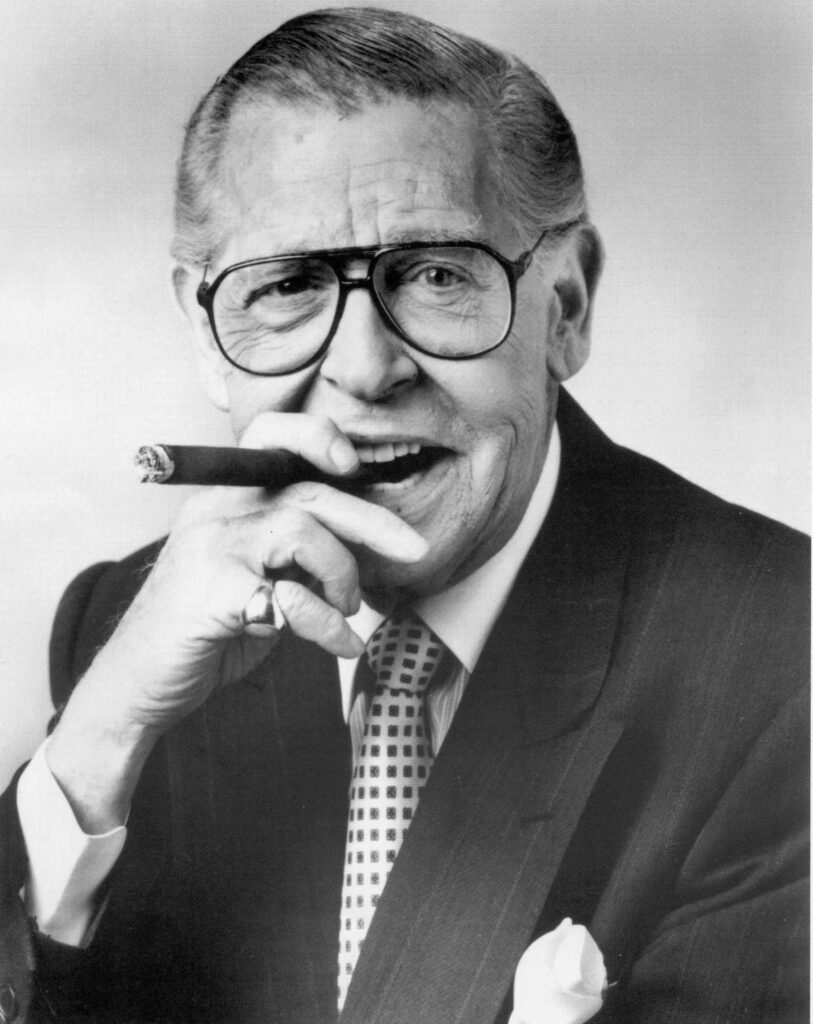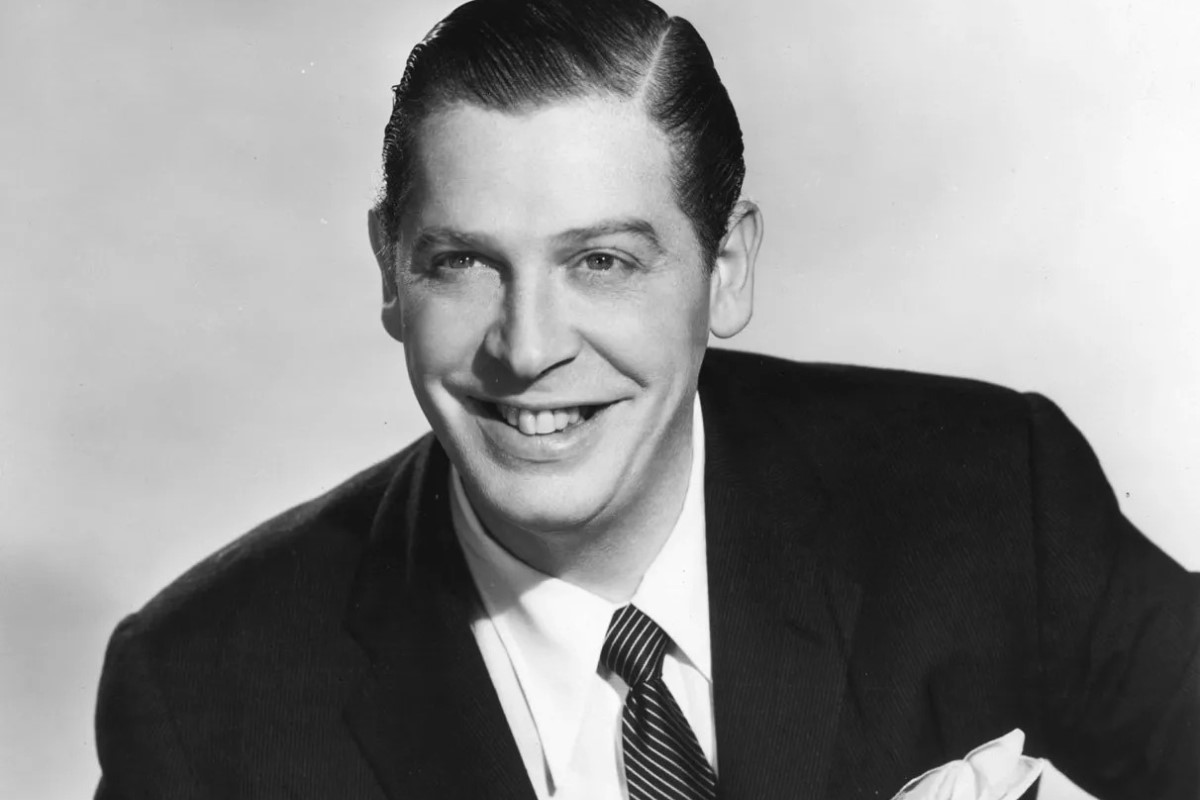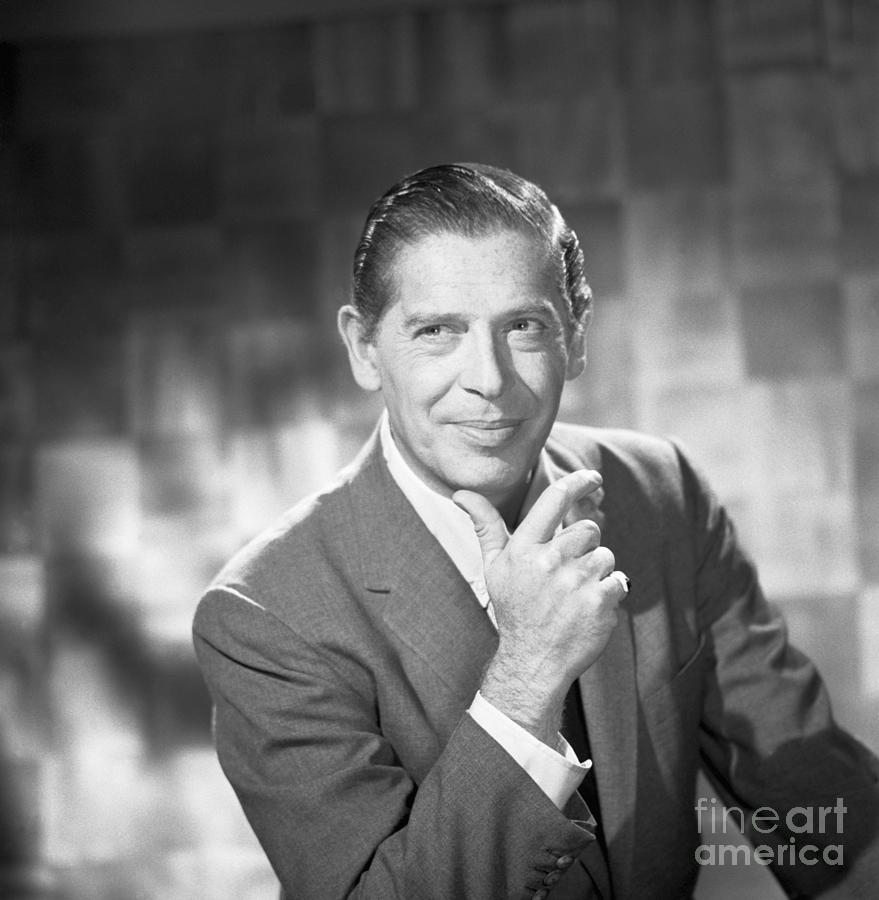Milton Berle: The Unforgettable King Who Built Television
The Genesis of a Star: Early Life and Beginnings
Born Mendel Berlinger on July 12, 1908, in New York City, specifically Harlem, Milton Berle’s journey into the spotlight began at an astonishingly young age. His mother, Sarah, was a formidable stage mother who recognized her son's innate talent and pushed him into performing from infancy. This early exposure meant that Berle's career as an entertainer spanned over eight decades, a truly remarkable feat in the fickle world of show business. He started in silent films as a child actor, making his debut at the tender age of five. These early cinematic experiences, though often uncredited, laid the groundwork for his comfort in front of cameras. Beyond the silver screen, he quickly transitioned to the stage, performing in vaudeville. Vaudeville was the ultimate training ground for entertainers of his era, demanding versatility, quick wit, and the ability to connect directly with a live audience. It was here that Berle honed the comedic timing and flamboyant stage presence that would later define his career.From Mendel to Milton: A Name's Evolution
The transformation from Mendel Berlinger to Milton Berle was more than just a stage name; it was an embrace of a new identity that would become synonymous with American entertainment. While the exact reasons for the name change are often debated, it was common practice in the early 20th century for performers to adopt more Anglicized or catchy names for broader appeal. "Milton Berle" was short, memorable, and had a punchy rhythm that suited his energetic persona. This rebranding was a strategic move that helped propel him from a talented child performer to a burgeoning star in the competitive world of vaudeville.Vaudeville, Radio, and Silver Screen: A Multifaceted Talent
Before television became his domain, Milton Berle was already a well-established and highly respected figure across multiple entertainment platforms. His roots in vaudeville provided him with an invaluable foundation. He mastered the art of sketch comedy, song, dance, and improvisation, learning to command an audience with sheer force of personality. This era taught him the importance of being a complete entertainer, capable of adapting to any situation and keeping audiences captivated. His success naturally extended to radio, a medium that relied solely on vocal performance and imaginative storytelling. As a radio comedian, Berle developed a strong following, further cementing his status as a popular entertainer. His voice became recognizable in homes across America, setting the stage for his eventual leap to the visual medium. He also continued his work in movies, appearing in numerous films throughout the 1930s and 40s. These experiences across different media showcased his incredible versatility and foreshadowed his unprecedented impact on the next great entertainment frontier. Berle's career as an entertainer truly spanned over 80 years, a testament to his enduring relevance and adaptability.Personal Data and Biodata: Milton Berle
To fully appreciate the scope of his influence, it's helpful to look at the key facts of Milton Berle's life:| Attribute | Detail |
|---|---|
| Full Name | Milton Berle |
| Born | July 12, 1908, New York, New York, U.S. |
| Died | March 27, 2002, Los Angeles, California |
| Birth Name | Mendel Berlinger |
| Zodiac Sign | Cancer |
| Occupation | Comedian, Actor, Television Host |
| Known For | "Mr. Television," "Uncle Miltie," Popularizing Television in the U.S. |
| Years Active | Over 80 years (from 1913 to 2000) |
The Dawn of Television: Berle's Pioneering Role
Milton Berle's connection to television began remarkably early, long before it became a household staple. He first appeared on television in 1929 in an experimental broadcast in Chicago, which he hosted in front of a mere 129 people. This was a time when television was a nascent, almost mythical technology, far from the ubiquitous medium it would become. This early foray demonstrates Berle's inherent curiosity and willingness to embrace new technologies, a trait that would prove crucial to his legacy. While others might have dismissed the flickering images as a novelty, Berle saw its potential. He recognized that this electronic medium, still in its infancy, had the power to reach millions of Americans directly in their homes. His vision and willingness to commit to this untested medium set him apart and positioned him perfectly for the television boom that was just around the corner.Mr. Television: A Household Name is Born
The moniker "Mr. Television" wasn't just a nickname; it was a title earned through sheer force of personality and groundbreaking success. In the late 1940s, as television sets slowly began to appear in American homes, it was Berle's weekly variety show, *Texaco Star Theater*, that truly captivated the nation. Every Tuesday night, families would gather around their new, often small, screens to watch "Uncle Miltie" perform. His show was a whirlwind of slapstick comedy, musical numbers, and guest stars, all delivered with Berle's signature high energy and cross-dressing antics. He understood the medium's intimacy and adapted his vaudeville roots for the small screen, making viewers feel like they were part of a live, spontaneous event. His show was so popular that it became a national ritual, a must-see event that made owning a television set a necessity rather than a luxury.Selling a Million Sets: The Power of Uncle Miltie
Milton Berle is widely credited with selling over a million television sets during his first years hosting his weekly show. This incredible feat wasn't achieved through direct sales pitches but through the sheer power of compelling content. People bought television sets *because* they wanted to watch Milton Berle. He was the killer app of early television. His show created a demand for the electronic medium, helping to bring the new technology into millions of American homes. Before Berle, television was a curiosity; after Berle, it was entertainment. Families would gather at neighbors' houses who owned a set, or even outside appliance store windows, just to catch a glimpse of his show. This unprecedented popularity solidified his position as the first major American TV star and highlighted his significant role in popularizing television. He was, in essence, the ultimate evangelist for the new medium, introducing millions of Americans to the electronic medium during its infancy and thereby helping to establish television as a central part of American life.The King of American Comedy: Berle's Enduring Legacy
Beyond his pivotal role in launching television, Milton Berle is also widely regarded as the King of American Comedy. His comedic style was loud, boisterous, and often involved elaborate costumes, physical comedy, and rapid-fire jokes. He was a master of the one-liner and had an incredible ability to work a crowd, even through the relatively new medium of television. Berle's influence on subsequent generations of comedians is immeasurable. Many stand-up comedians and variety show hosts owe a debt to his pioneering efforts. He proved that television could be a powerful platform for comedy, laying the groundwork for countless shows and stars that followed. His relentless energy and commitment to entertaining set a high bar, influencing the pace and style of television comedy for decades.Beyond the Screen: A Life of Unbelievable Facts
Milton Berle's extraordinary life and career are filled with fascinating anecdotes and "unbelievable facts" that go beyond his on-screen persona. His incredible longevity in show business meant he witnessed and adapted to seismic shifts in entertainment technology and taste. From performing alongside Charlie Chaplin in silent films to appearing on late-night talk shows decades later, his career arc is unparalleled. He was known for his legendary joke collection, his sharp wit even off-camera, and his enduring friendships within the entertainment industry. His life was a tapestry woven with countless stories of resilience, reinvention, and an unwavering passion for making people laugh.The Final Curtain: A Legacy Remembered
Milton Berle's remarkable life came to an end on March 27, 2002, when he died of colon cancer at the age of 93 in Los Angeles, California. His passing marked the end of an era, but his legacy as a true pioneer and giant of American entertainment lives on. Even in his later years, Berle remained sharp and witty, occasionally making appearances that reminded audiences of his enduring charm and comedic timing. His death prompted a flood of tributes from Hollywood and beyond, underscoring the deep respect and affection he commanded within the industry and among the public.An Icon's Place in History
Milton Berle is considered the first major American TV star, a title he earned not just through popularity but through his direct impact on the medium's adoption. He played a significant role in popularizing television and was one of the first major stars of the medium, helping to bring the new technology into millions of American homes. He is rightly credited with introducing millions of Americans to the electronic medium during its infancy and thereby helping to establish television as the dominant form of home entertainment. His contributions were foundational, shaping how television would evolve and how stars would interact with their audiences. He remains one of the most iconic figures in American entertainment history, a true titan whose influence continues to be felt.Conclusion
Milton Berle was more than just a comedian; he was a visionary, a force of nature who helped shape the very fabric of American popular culture. From his early days as Mendel Berlinger in silent films and vaudeville to his reign as "Mr. Television," his career spanned an astonishing eight decades, leaving an indelible mark on every medium he touched. He was the catalyst that propelled television from a curious novelty into a household necessity, credibly selling millions of sets through the sheer power of his weekly show. As the King of American Comedy, his influence extended far beyond the screens he graced, inspiring countless performers and defining an era of entertainment. His legacy is not just in the laughter he brought, but in the technological revolution he helped ignite. What are your favorite Milton Berle memories or facts? Did "Uncle Miltie" play a role in your family getting their first television set? Share your thoughts and stories in the comments below! And if you enjoyed this journey through entertainment history, be sure to explore more of our articles on the pioneers who shaped our world.- Pan Xiaoting Livestream Video
- Exploring The World Of Roblox Condo Games A Thrilling Playground For Creativity
- Gia Duddy Leaked Video
- Jeff Doucet
- Ben Pasternak Net Worth

Milton Berle - California Museum

14 Mind-blowing Facts About Milton Berle - Facts.net

Milton Berle Photograph by Bettmann - Fine Art America